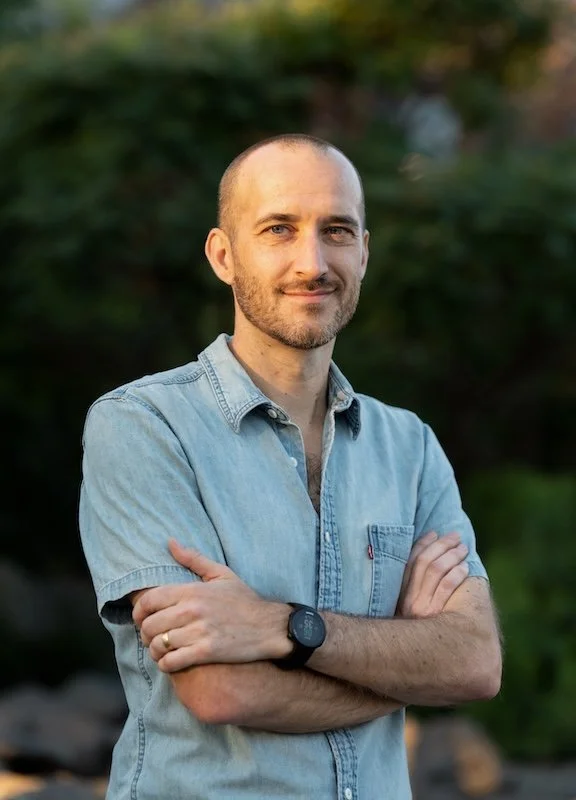Boyce Upholt and THE GREAT RIVER, presented with the Ag & Water Desk, KBIA, The New Territory and River Town.
We’re very pleased to welcome author Boyce Upholt to Skylark on Tuesday, September 24 to talk about his new book, The Great River: The Making and Unmaking of the Mississippi. The book is brilliant, but don’t take our word for it. Dan Egan, a Skylark favorite, wrote: “With masterful research and reporting, Boyce Upholt makes a compelling case that, despite our centuries-long efforts to control its unpredictable pulses with concrete, steel, and earthen berms, the Mississippi River in many ways remains wild as ever. And he shows us why that is good.”
This conversation with Boyce Upholt is presented in partnership with the Mississippi River Basin Ag & Water Desk, an independent environmental reporting network based at the Missouri School of Journalism, and the River Town podcast from KBIA and The New Territory magazine. It will be hosted by Ag & Water Desk editorial director Tegan Wendland and River Town host Tina Casagrand, the founder, publisher and editor-in-chief of The New Territory magazine.
The Mississippi River lies at the heart of America, an undeniable life force that is intertwined with the nation’s culture and history. Its watershed spans almost half the country, Mark Twain’s travels on the river inspired our first national literature, and jazz and blues were born in its floodplains and carried upstream.
In this landmark work of natural history, Boyce Upholt tells the epic story of this wild and unruly river, and the centuries of efforts to control it. Over thousands of years, the Mississippi watershed was home to millions of Indigenous people who regarded “the great river” with awe and respect, adorning its banks with astonishing spiritual earthworks. The river was ever-changing, and Indigenous tribes embraced and even depended on its regular flooding. But the expanse of the watershed and the rich soils of its floodplain lured European settlers and American pioneers, who had a different vision: the river was a foe to conquer.
Centuries of human attempts to own, contain, and rework the Mississippi River, from Thomas Jefferson’s expansionist land hunger through today’s era of environmental concern, have now transformed its landscape. Upholt reveals how an ambitious and sometimes contentious program of engineering—government-built levees, jetties, dikes, and dams—has not only damaged once-vibrant ecosystems but may not work much longer. Carrying readers along the river’s last remaining backchannels, he explores how scientists are now hoping to restore what has been lost.
Rich and powerful, The Great River delivers a startling account of what happens when we try to fight against nature instead of acknowledging and embracing its power—a lesson that is all too relevant in our rapidly changing world.
Boyce Upholt is a “nature critic” whose writing probes the relationship between humans and the rest of the natural world, especially in the U.S. South.
Boyce grew up in the Connecticut suburbs and holds a bachelor’s degree from Haverford College and an MFA from the Program for Writers at Warren Wilson College. He moved to the Mississippi Delta in 2009, where he discovered an unexpected wilderness amid an agricultural empire: the Mississippi River, which for hundreds of miles offers a corridor of islands and sandbars and wetland forests, with no settlement or development.
An obsession with how this wild place came to persist, despite so much change and engineering, inspired a wider interest in the strange nature of “nature” itself—this thing that we call separate but are really a part of. Boyce’s work ranges from straightforward journalism and science writing to travel writing that invites readers to better connect with the “more-than-human” world.
His work has been published in the Atlantic, National Geographic, the Oxford American, and Virginia Quarterly Review, among other publications, and was awarded the 2019 James Beard Award for investigative journalism. His stories have been noted in the Best American Science & Nature and Best American Nonrequired Reading series. Boyce lives in New Orleans.
The Mississippi River Basin Ag & Water Desk is a collaborative network of journalists focused on increasing coverage of agriculture, water and other environmental issues surrounding one of the world’s major river systems. Founded in 2021, the Ag & Water Desk brings together contributors from more than 20 local newsrooms from across the watershed, including KBIA. Newsrooms can run the Desk’s stories for free and the public can sign up for a weekly newsletter with the latest environmental news from the basin. This award-winning independent initiative is based at the Missouri School of Journalism in partnership with Report for America, with major funding from the Walton Family Foundation.
In the River Town podcast, host Tina Casagrand Foss, the founder, publisher, and editor-in-chief of The New Territory magazine, takes us all on a magical Disneyland log ride down the Missouri River. Along the way, we get to see how this mighty waterway shapes the people and places it flows through. River Town is a collaboration between KBIA, The Missouri News Network, The Mississippi River Basin Ag & Water Desk, The New Territory Magazine, and PRX.




